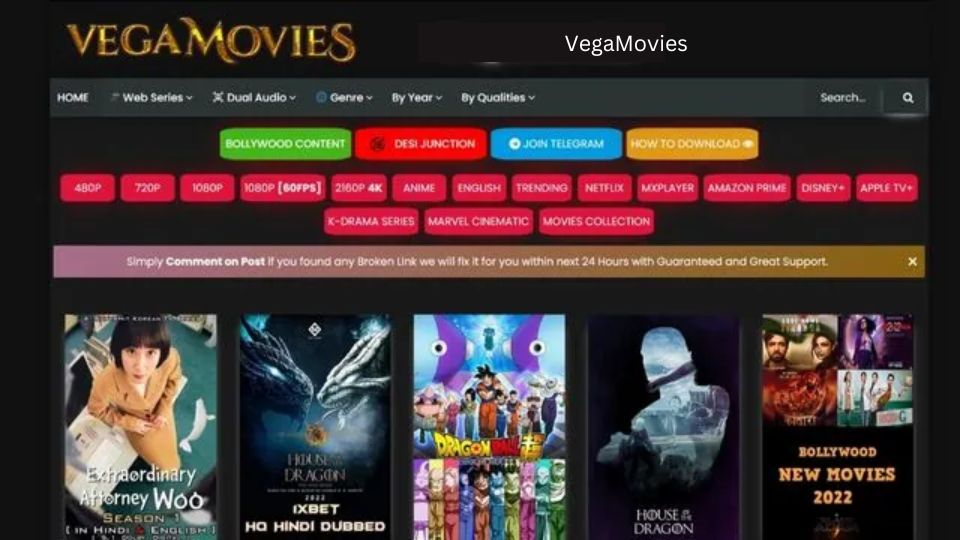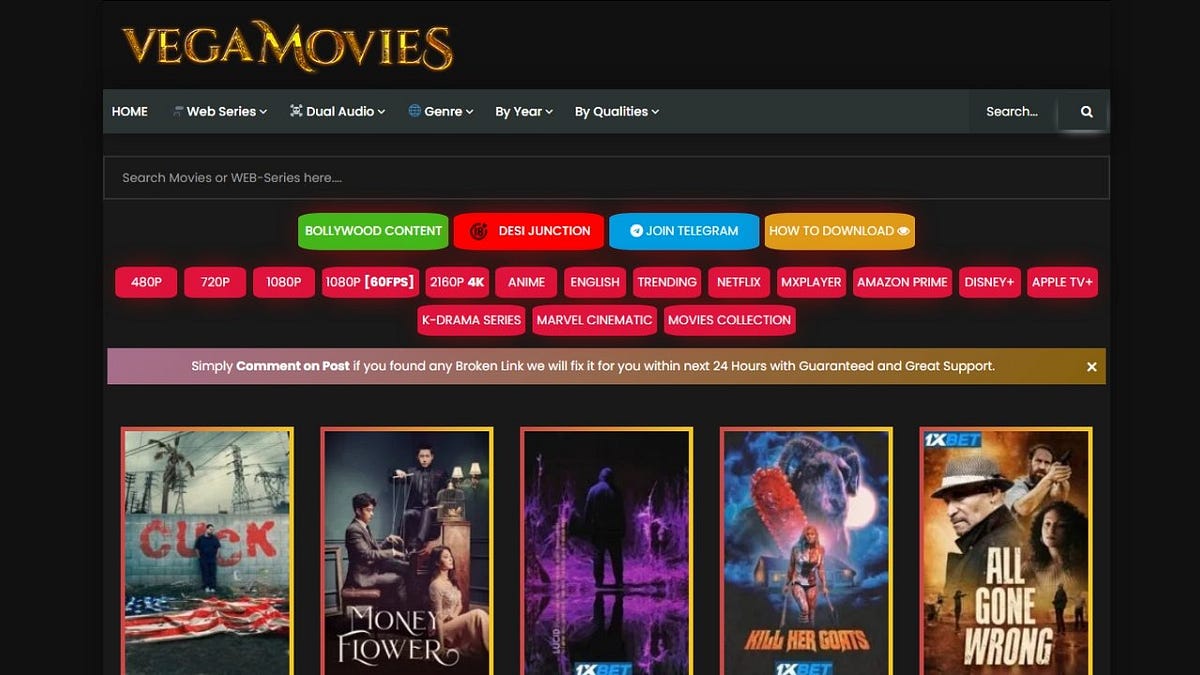No Results Found: Tips To Refine Your Search
Have you ever stared blankly at a search engine results page, confronted by the digital equivalent of a shrug? The frustrating message, "We did not find results for: [your search query]," followed by the almost condescending suggestion to "Check spelling or type a new query," is a universal experience in the age of information overload. This seemingly simple string of text speaks volumes about the complexities of search algorithms, the limitations of data indexing, and the ever-present gap between human intent and machine understanding.
This terse response, often the bane of researchers, casual browsers, and everyone in between, highlights the intricate dance between user input and the vast databases search engines like Google, Bing, and DuckDuckGo constantly crawl and catalog. It's a reminder that even with sophisticated natural language processing (NLP) and machine learning, these systems aren't perfect mind readers. The "We did not find results for..." message isn't just an error; it's a window into the inner workings of information retrieval, forcing us to consider how we formulate our queries and how search engines interpret them.
| Understanding the "No Results" Message | |
|---|---|
| Type of Message: | System-generated error/informational message |
| Context: | Search engine results page |
| Components: |
|
| Possible Causes: |
|
| Implications: |
|
| Related Concepts: |
|
| Reference: | Google Search Central (for understanding how Google indexes and ranks web content) |
The seemingly innocuous suggestion to "Check spelling" often feels like a digital slap in the face. While obvious errors are a frequent culprit, the issue can be far more nuanced. Homophones, subtle misspellings, and variations in word choice can all throw a search engine off track. Consider the difference between searching for "affect" versus "effect," or "there," "their," and "they're." Even the most proficient writers can fall prey to these linguistic traps, underscoring the importance of careful proofreading before hitting that search button.
- Where To Watch Kannada Movies Online Movierulz Amp Legal Options
- Movierulz Is Free Movie Downloading Safe Legal Alternatives
Beyond simple typos, the specificity of your query plays a crucial role. A broad search for "flowers" will yield a vast array of results, from gardening tips to floral arrangements. However, a search for "rare Himalayan blue poppy cultivation techniques" might draw a blank if the search engine hasn't indexed enough relevant content. This highlights the challenge of balancing breadth and depth in search queries. The more specific you are, the more likely you are to find precisely what you're looking for, but also the more likely you are to encounter the dreaded "no results" message. Conversely, a broader search might surface irrelevant information, requiring you to sift through a mountain of data to find the proverbial needle in the haystack.
The phrase "type a new query" encourages users to rethink their approach to information retrieval. This might involve using synonyms, rephrasing the question, or breaking down a complex query into smaller, more manageable parts. For instance, instead of searching for "best way to repair a leaky faucet myself," you could try "faucet repair tips" or "how to fix a dripping faucet." This iterative process of query refinement is a fundamental aspect of effective searching, requiring a combination of creativity, persistence, and an understanding of how search engines interpret language.
The underlying reason for the "no results" message often lies in the vastness and constant evolution of the internet. Search engines rely on web crawlers (also known as spiders or bots) to explore the web, discover new content, and index it in their databases. However, this process is never complete. New websites and pages are constantly being created, while existing content is updated, moved, or deleted. A search engine might simply not have had the opportunity to crawl and index a particular page, even if it contains precisely the information you're looking for. This is particularly true for newly published content, obscure websites, or content that is hidden behind paywalls or requires login credentials.
- O Yeongsu From Landlord To Squid Game Star Legal Battles
- Maplestars Nsfw Anime Animations Chainsaw Man More
Furthermore, the algorithms that determine search rankings are constantly being refined and updated. Search engines strive to provide the most relevant and authoritative results, but the criteria they use to assess these factors are complex and subject to change. A website that ranked highly yesterday might be buried on page five today due to algorithm updates, changes in SEO practices, or the emergence of new competitors. This dynamic landscape makes it challenging to guarantee that every search will yield satisfactory results, even if relevant content exists.
The "We did not find results for..." message also underscores the inherent biases and limitations of search engine algorithms. These algorithms are trained on vast datasets of text and code, which often reflect existing societal biases. As a result, search results can perpetuate stereotypes, discriminate against certain groups, or favor certain perspectives. While search engine companies are actively working to mitigate these biases, they remain a significant challenge. This means that the absence of results for a particular query might not simply be due to a lack of relevant content, but also to the way the search engine has been trained and programmed to prioritize information.
The rise of specialized search engines and databases offers a potential solution to the limitations of general-purpose search engines. These platforms focus on specific domains, such as scientific research, legal information, or medical literature. By narrowing their scope, they can provide more targeted and comprehensive results for users with specialized needs. For example, a researcher looking for scholarly articles might turn to Google Scholar or JSTOR, while a lawyer researching case law might use Westlaw or LexisNexis. These specialized resources often employ different indexing methods and ranking algorithms than general-purpose search engines, allowing them to surface content that might be missed by broader searches.
The increasing sophistication of natural language processing (NLP) is also transforming the way we interact with search engines. NLP enables search engines to better understand the meaning and context of search queries, even when they are phrased in complex or ambiguous language. This allows users to express their information needs in a more natural and intuitive way, reducing the need for precise keywords or Boolean operators. For example, instead of searching for "restaurants near me open late," you could simply ask, "Where can I get food late at night around here?" NLP-powered search engines can interpret the intent behind this question and provide relevant recommendations, even if the exact words "restaurants," "near," "open," and "late" are not explicitly mentioned on the websites they index.
Despite these advances, the "We did not find results for..." message is likely to remain a common occurrence in the digital age. The sheer volume of information on the internet, the constant evolution of search algorithms, and the inherent limitations of machine understanding all contribute to this reality. However, by understanding the factors that contribute to this message, users can become more effective searchers, refining their queries, exploring alternative resources, and critically evaluating the results they find. The "no results" message isn't just a dead end; it's an opportunity to learn more about the complex and ever-changing world of information retrieval.
Furthermore, the experience of encountering this message can prompt a valuable reflection on the nature of information itself. What are we truly seeking when we type a query into a search engine? Are we looking for definitive answers, diverse perspectives, or simply confirmation of our existing beliefs? The "We did not find results for..." message can serve as a reminder that information is not always readily available, that knowledge requires effort and exploration, and that the pursuit of understanding is an ongoing journey.
The next time you're confronted with the frustrating message, "We did not find results for: [your search query]," don't despair. Take it as a challenge, an invitation to refine your approach, explore new avenues, and perhaps even discover something unexpected along the way. After all, the most valuable discoveries often lie just beyond the boundaries of what we already know.
The seemingly simple string of text, "Check spelling or type a new query," carries within it a wealth of implications about the power and limitations of search technology. It serves as a constant reminder that the quest for information is a collaborative effort between human intelligence and artificial intelligence, a dance of words and algorithms that shapes our understanding of the world.
Ultimately, the "We did not find results for..." message is a testament to the enduring complexity of human language and the ongoing challenge of translating human intent into machine-readable instructions. It is a reminder that even in the age of instant information, the pursuit of knowledge remains a journey of exploration, discovery, and constant refinement.
The absence of immediate results shouldn't discourage inquiry. Instead, it should fuel a more thoughtful and strategic approach to information gathering, one that acknowledges the limitations of search engines while embracing the vast potential of the digital landscape. By embracing this perspective, we can transform the frustrating "We did not find results for..." message into a catalyst for deeper learning and more meaningful discovery.
- Movierulz Is Free Movie Downloading Safe Legal Alternatives
- What Is Fikfap Your Guide To The Spicy Tiktok Alternative

Discover The World Of Movies With Vegamovies.fans

Discover The World Of Movies At Vegamovies .fans

Exploring The World Of Vegamovies South Movies